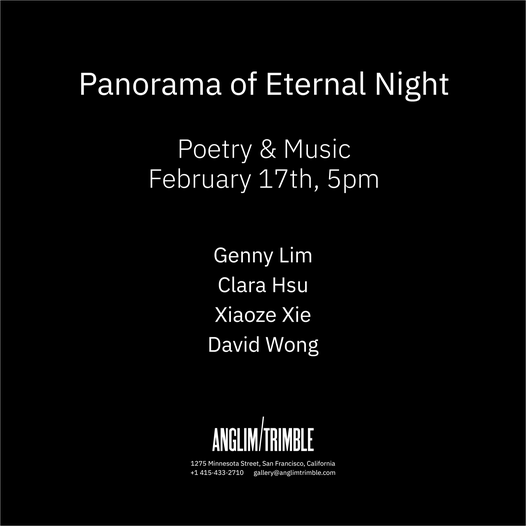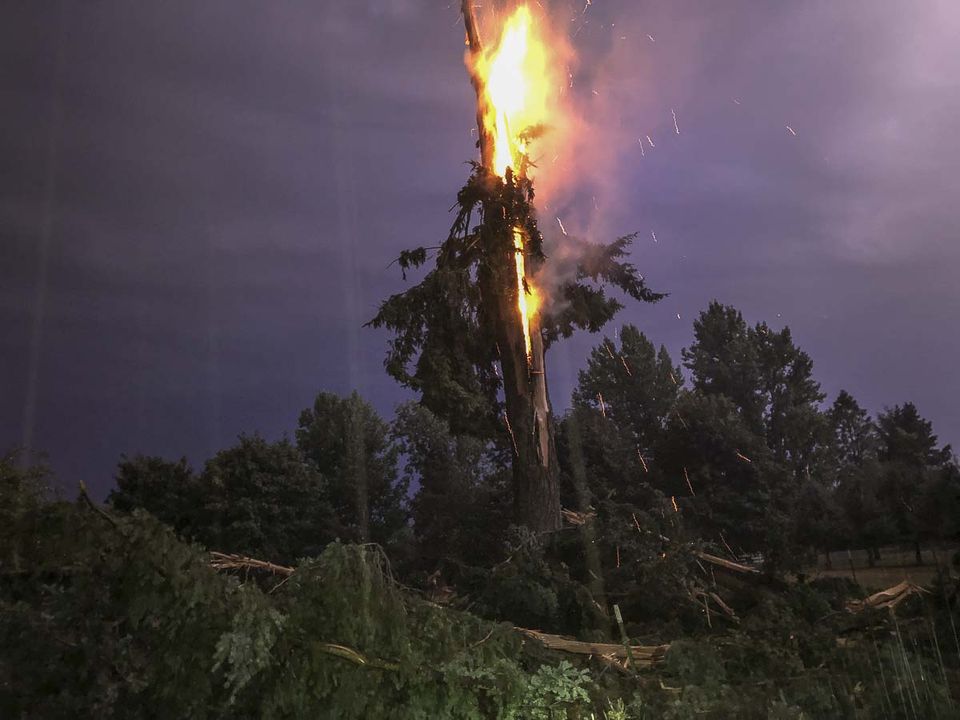Tag: reading
Fire Thieves 12, After the Lightning Reading
At the Open Mic
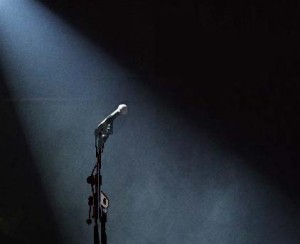 A poet came up to the open mic and told everyone he had just arrived from Los Angeles. He pulled out folded pieces of paper and began his rap on politics, life style and consumerism. The house was electrified. Many nodded in agreement and clapped enthusiastically when he finished. The poet was pleased, selected another piece of paper and recited another poem, in the same vein that dealt with the injustice, the hypocrisy, the blatant manipulations that are going on in our society. The house roared. He walked away from the mic a hero.
A poet came up to the open mic and told everyone he had just arrived from Los Angeles. He pulled out folded pieces of paper and began his rap on politics, life style and consumerism. The house was electrified. Many nodded in agreement and clapped enthusiastically when he finished. The poet was pleased, selected another piece of paper and recited another poem, in the same vein that dealt with the injustice, the hypocrisy, the blatant manipulations that are going on in our society. The house roared. He walked away from the mic a hero.
But the hero did not stay to be with the mass. He did not stay a minute longer to listen to the next poet. He opened the cafe door and walked out, shaking a few hands, much like a politician. If he had spoken the truth about the world, he had spoken the truth about himself.
Two Digestions
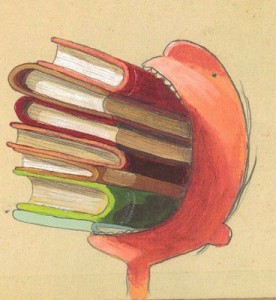 There’s something about eating. Besides being a pleasurable experience all of its own, it goes well with other activities, like reading and watching movies. Food seems to double the pleasure and encourages focus. Picking the right kind of food then, is important, so that it might sustain the activity but won’t cause too much bodily harm. Chips of any kind and popcorn are not recommended. If you find yourself digging into the bag more often than turning the pages of your book, it’s a bad sign. A bowl of grains or a big salad is preferred because they can be worked on at a much slower pace. My father used to chide me for eating and reading at the same time, said it was not good for digestion. I think that was a myth.
There’s something about eating. Besides being a pleasurable experience all of its own, it goes well with other activities, like reading and watching movies. Food seems to double the pleasure and encourages focus. Picking the right kind of food then, is important, so that it might sustain the activity but won’t cause too much bodily harm. Chips of any kind and popcorn are not recommended. If you find yourself digging into the bag more often than turning the pages of your book, it’s a bad sign. A bowl of grains or a big salad is preferred because they can be worked on at a much slower pace. My father used to chide me for eating and reading at the same time, said it was not good for digestion. I think that was a myth.
image from: xelgend.blogspot.com
What Poets Want
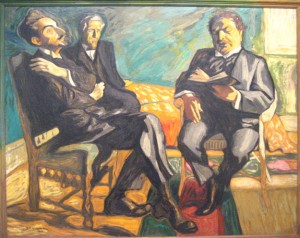
What poets want is to be heard. As Owen Dunkel said, “I love my poetry.” Most poets will read at the open mike forever if they are not stopped by the clock. Sometimes even the clock cannot stop them. This phenomenon, however, is not unique to poets. Artists and musicians have the same craving. “Such exhibitionists,” commented Joseph Flummerfelt, choir conductor. To meld all the voices into one without the singers trying to outdo each other is a tough job. Deep down inside every choir member wants to be the soloist.
When it comes to sharing our arts we have little self control. Time is for others to keep.
Pages…Good Grief!
 As much as I like to read, I balk at books that have more than 300 pages. It seems an impossible task–a steep climb that will never reach the summit. I’m the kind of person who goes to the end of the book and reads backward, as if by doing so I can grasp the essence of the text with minimum effort.
As much as I like to read, I balk at books that have more than 300 pages. It seems an impossible task–a steep climb that will never reach the summit. I’m the kind of person who goes to the end of the book and reads backward, as if by doing so I can grasp the essence of the text with minimum effort.
It’s restlessness, wanting to eat a full meal without taking the time to properly digest everything. It’s anxiety, being locked into a single volume for an indefinite period of time. It’s the fear of commitment, wanting to read everything but unwilling to sit down for one. After I work out all my neuroses I might just be able to read a book.
Taking Joyce Out
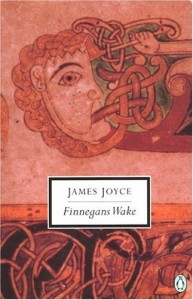 It was raining, and the popular Java Beach Cafe had a line running out the door. Dan Brady and I had passed another cafe about a block away that looked pleasant and empty and decided to try it. Can’t remember the name of it now—something like Beach Cafe—with southern food like fried chicken and waffle; and a cotton candy machine. We found a nice corner in front of a shelf full of books and I took out Joyce’s Finnegans Wake. Dan and I would use the book to jump start some poetic exercises.
It was raining, and the popular Java Beach Cafe had a line running out the door. Dan Brady and I had passed another cafe about a block away that looked pleasant and empty and decided to try it. Can’t remember the name of it now—something like Beach Cafe—with southern food like fried chicken and waffle; and a cotton candy machine. We found a nice corner in front of a shelf full of books and I took out Joyce’s Finnegans Wake. Dan and I would use the book to jump start some poetic exercises.
Three women came over and sat at the table next to us. As I read a passage from the book, Dan began to write. I noticed at one point the women had stopped talking. They were attracted by the obscurity of my recitation as I navigated precariously from word to word, sounding out long running syllables, short exclamations, pausing at combinations that befuddled the mind. After two pages of reading I stopped. Then it was Dan’s turn to read while I wrote. At the end of his reading we read to each other what we had written and laughed at the strangeness of our “poems” that seemed to vibrate with a raw energy.
“Excuse me.” One of the women leaned over. “We have been watching you reading and writing. It seems like you are playing a most wonderful game.”
We talked about Finnegans Wake, how its obscurity helped us not to get stuck on the narrative but listen to the words and sounds and that propelled us to write down what we heard.
“Would you like to try?” I proposed.
They laughingly declined. “But you’d be sure we’ll be talking about you for days to come.”
When We Can Read
 I won’t tell a student to let go of his prejudice. As long as he comes into my studio at the appointed hour and shows a willingness to work, it is all that I ask of him. I’m talking about a piano student who doesn’t like to read music. At a certain point his playing suffers because he can no longer memorize all the notes. Learning becomes tedious and frustrating. I decide to stop everything that we have been doing and just focus on improving his sight-reading ability.
I won’t tell a student to let go of his prejudice. As long as he comes into my studio at the appointed hour and shows a willingness to work, it is all that I ask of him. I’m talking about a piano student who doesn’t like to read music. At a certain point his playing suffers because he can no longer memorize all the notes. Learning becomes tedious and frustrating. I decide to stop everything that we have been doing and just focus on improving his sight-reading ability.
It seems a long time, and parents are worried that their son plays the same song over and over for nearly a year. But his real work is during the lessons, when he is drilled to make his fingers “see” the keys on the piano. It is eye-hand coordination. Some of us do it better than others, but all of us can do it given time and persistence. My student had a break-through yesterday, playing something the very first time correctly by sight. All at once time and grievances melted away. We reveled in the unsuspected moment. I watched him walked away with silent pride.
Sound of a Poem
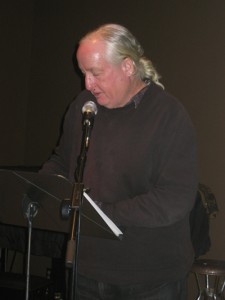
“I like the sound of my poems.” Owen Dunkle told me at Sacred Grounds. I think we all like the sound of our poems and the sound of our own voice, otherwise we won’t be signing up for open mikes. Beyond sharing what we have written, it is important to “sound them out”, as HD Moe likes to say. It’s a sure way to find out if a poem has rhythm and flow. Some poets even edit their poems while they are reading on stage.
The ability to read well, I think, is an important tool for a poet. One night at Sacred Grounds, Bill Mercer decided to recite Yeats’ The Song of Wandering Aengus. His recital brought the house down. At the break I saw Fiona, the owner of the cafe. She stopped me and asked what Bill was reading.
“I didn’t understand the words, but I felt his emotion rushed at me. So powerful that I had to listen.” Fiona put her hand over her heart. She is an immigrant from Hong Kong and speaks limited English. But I know she gets the poem.
The Dames Of Sacred Grounds
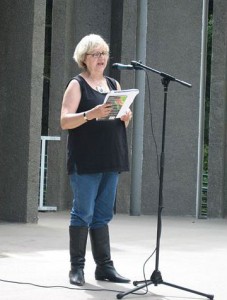
There were few women poets at the Sacred Grounds when I started attending the readings in 2001. So whenever one of the women stopped going her absence would be felt by the group. For about three years I was only able to attend the readings sporadically due to my work and my children’s schedules. But each time I went back I felt the warm welcome, that my fellow poets had saved a space in their hearts for me.
Jehanah Wedgwood (the hostess) aside, Eleanor Watson-Gove (editor of the Sacred Grounds Anthology), Syreia Witt, Marsha Campbell, Gaya Jenkins, Selene Steese and me were the regulars at that time. Then, Eleanor moved to Portland. Syreia Witt died. Selene quit her job in San Francisco to become a full time poet. She began her own reading series, S.O.U.P. in Oakland. Gaya suffered all kinds of ailments and moved to the East Coast. Jehanah passed away last year. Marsha stopped coming because of heart surgery and various housing problems.
Barbara Bel Diamond, the spunky dark-haired Canadian with her signature beret came to Sacred not much later after me. She had been a steady presence on the Wednesday night circuit until recently, when she began her own reading series at Sacred on Saturday afternoons. Deirdre Trian, the beautiful witch-goddess has been our iconic figure in the past six years.
There are more women who grace the Grounds now and the balance between the genders are improving. A couple of weeks ago Marsha Campbell came back looking trim and ever graceful. I realized how much I had missed her stunning poetry, her tremulous voice resulted from throat surgery and her out of tune guitar. As she walked up to the mike she was greeted by thunderous applause—a fitting way to welcome back a great dame.
